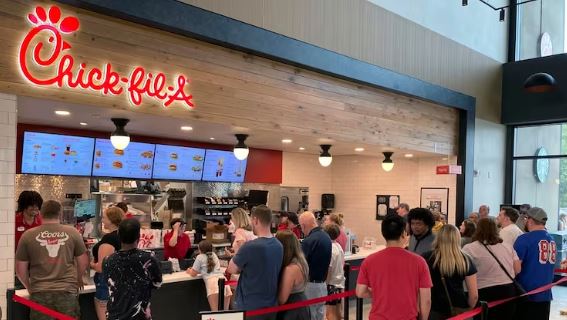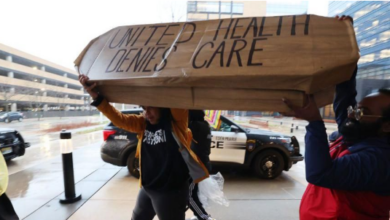Proposed New York Bill Targets Chick-fil-A’s Sunday Closure at Rest Stops

Mandating Continuous Service at Travel Plazas
A bill recently introduced in New York could significantly alter the operations of fast-food chain Chick-fil-A, particularly at locations along the state’s Thruway system. The proposed legislation requires that restaurants operating at travel plazas along the Thruway, including nine Chick-fil-A outlets, remain open every day of the week.
Chick-fil-A’s Long-standing Sunday Closure Tradition
Chick-fil-A, known for its chicken sandwiches, has upheld a tradition of closing on Sundays since its inception in Georgia in 1946. This practice, which the company has maintained for over seven decades, aligns with its founder’s Christian beliefs.
Objectives and Implications of the Bill
The bill was prompted by the New York State Thruway Authority’s Service Area Redesign and Redevelopment Project, which is rebuilding 27 service areas on the Thruway through a public-private partnership. Lawmakers behind the bill argue that service areas, essential for the traveling public and commercial trucking industry, should optimally serve travelers. The bill notes that having a fast-food restaurant closed on any day, particularly in service areas dedicated to travelers, is inappropriate. The argument is that publicly owned service areas should maximize their benefit to the public, and having retail spaces unused for one-seventh of the week does a disservice to travelers who depend on these facilities.
The Path Forward for the Bill
Introduced by Assembly member Tony Simone with three co-sponsors, the bill requires passage through both houses of the legislature before it can be presented to the governor for signature or veto. If passed, the bill will mandate that all future contracts for food concessions at these service areas include a provision for seven-day operations.
The introduction of this bill raises interesting questions about the balance between a private company’s operational policies and public service mandates, especially in public-private partnership settings. While the final outcome of this legislation is yet to be determined, it could set a precedent for similar situations where the operating hours of private businesses in public spaces are under scrutiny.





